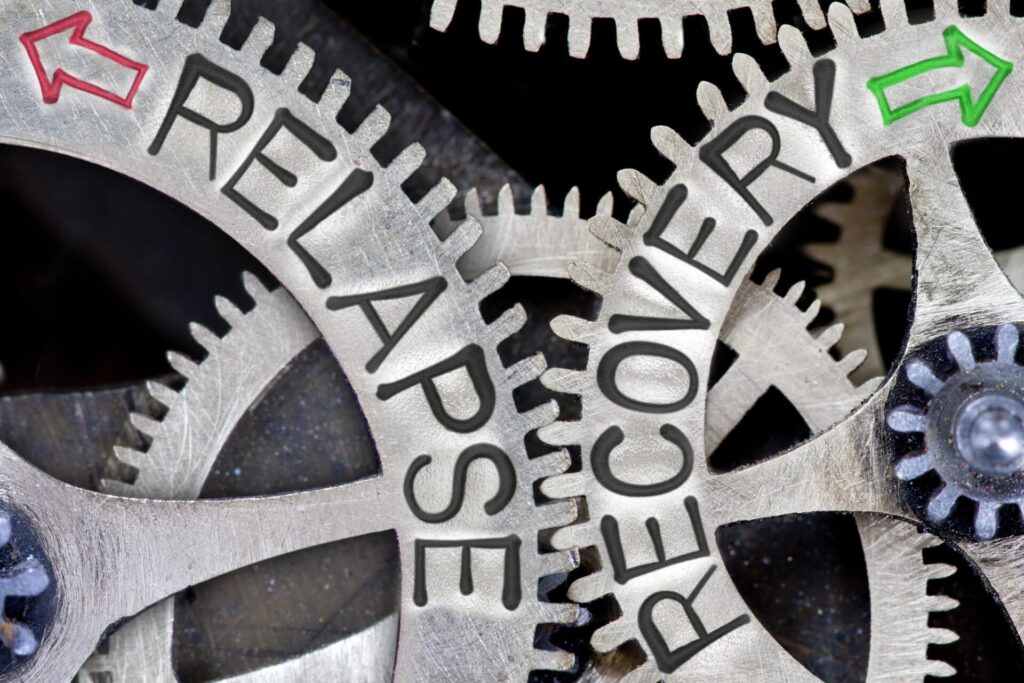A relapse is no light matter. 40%-60% of people who have abused opioids will eventually relapse. Similar numbers can be found amongst people who use alcohol and other drugs.
Relapses can occur at any time, but many occur during world crises like recessions. Yet you’re not helpless against relapses or world crises. You can take effective steps right now to continue a sober life.
What should you do while a world crisis is occurring? How can you avoid triggers of relapses? How can you improve your health during the recovery process?
Answer these questions and you can become an expert on how to deal with relapsing. Here is your quick guide.
Turn off the News
If a news story is upsetting you, you should stop following it. Turn off the television, put away your phone, and go to a location where you can pay attention to something else. If someone asks you about the news, tell them that you do not want to talk about it.
If you must read the news for work, rely on newspapers instead of online outlets. Newspapers tend to have more accurate and detailed information than pages on social media platforms and websites.
Write down what you are feeling. Try to explain the reasons why you are feeling intense emotions and think about ways you can put your emotions into positive actions. This gives you something to do with your time instead of sitting around and avoiding a relapse.
Consider pursuing cognitive behavioral therapy if the news gives you intense anxiety. You can learn how to change your anxious thought patterns into productive and happy ones.
Avoid Other Triggers
An upsetting news story may be just one thing that triggers you. Intense emotions in and of themselves can trigger relapses, as people turn to substances to dull their emotions or calm down.
Encountering people who you drank or used drugs with can also trigger you. They may offer you substances, or meeting them can simply remind you of using substances. Stay away from these people or meet them in locations where they won’t have drugs.
Locations where you used drugs can act as powerful triggers. Do not go into a bar or restaurant where you used drugs. You may want to move out of your home and find a sober living facility so you can completely avoid triggering locations.
Entertain Yourself
Many people relapse simply because they have nothing to do with their time. Turning off the television will help you avoid an upsetting news story, but it can cut off a source of entertainment for you.
Do something else that will let you have fun and keep your mind active. Journaling is one activity, and it can help you get catharsis for bottled-up emotions. If you prefer to make art, you can paint, sketch drawings, and take photographs.
You can also try exercising. Go out for a walk and take in sights you haven’t seen before. If you want to make friends, you can join a sports team near you.
Recognize the Stages of Relapse
Avoiding triggers is a crucial step in dealing with relapse. Understanding the stages of relapse is another important step, especially if you feel like you are relapsing.
Emotional relapse is the first stage. Someone may bottle up their emotions or isolate themselves from others, especially during a crisis. They may not sleep or eat well, and they may miss their support meetings to attend to other things.
Mental relapse is the second stage. Someone may develop a craving for drugs and alcohol, despite knowing that using drugs again would hurt them. They may make a bargain, deciding to use drugs to celebrate an achievement.
Physical relapse is the final stage. A person starts using drugs again. Someone may be able to have only one drug and move on with their lives, but many people return to uncontrolled use.
Feeling insecure or scared due to a world crisis may put you into emotional relapse. If you find yourself pulling away from other people, you should reengage with your loved ones and get help from a substance abuse professional.
Do a Self-Care Activity
Emotional and mental relapses occur in part because people stop taking care of themselves. Entertaining yourself is one easy self-care activity.
Taking a shower is another one. Lather your hair with shampoo and conditioner and remove any dandruff and dirt by massaging your scalp with your fingers. Rub some soap against your skin to remove sweat and built-up substances on the skin.
A 2021 study found that people with alcohol use disorder who sleep less are more likely to relapse. Try to get at least eight hours of sleep every night.
Go to bed at the same time every day to cue your brain to start the sleep cycle. To wind down before going to bed, you can read some poetry or perform meditation.
Eating full meals can give your tissues the essential nutrients they need to repair themselves. Eat five servings of fruits and vegetables a day, but feel free to experiment with different meals. Try cooking your own meals so you can entertain yourself and learn more about healthy food.
Resist Relapses Through Basic Steps
A world crisis doesn’t have to cause a relapse. Put away your electronics and figure out something else to do with your time. Entertain yourself, exercise, and keep away from people and locations associated with your substance use.
Pay attention to your emotional and physical welfare. If you think you need to improve your self-care, you should perform a few self-care activities like sleeping for eight hours. Give yourself emotional outlets so you don’t use drugs to cope.
If you need help, get it right away. Apex Recovery provides premium recovery resources for San Diego residents. Contact us today.

